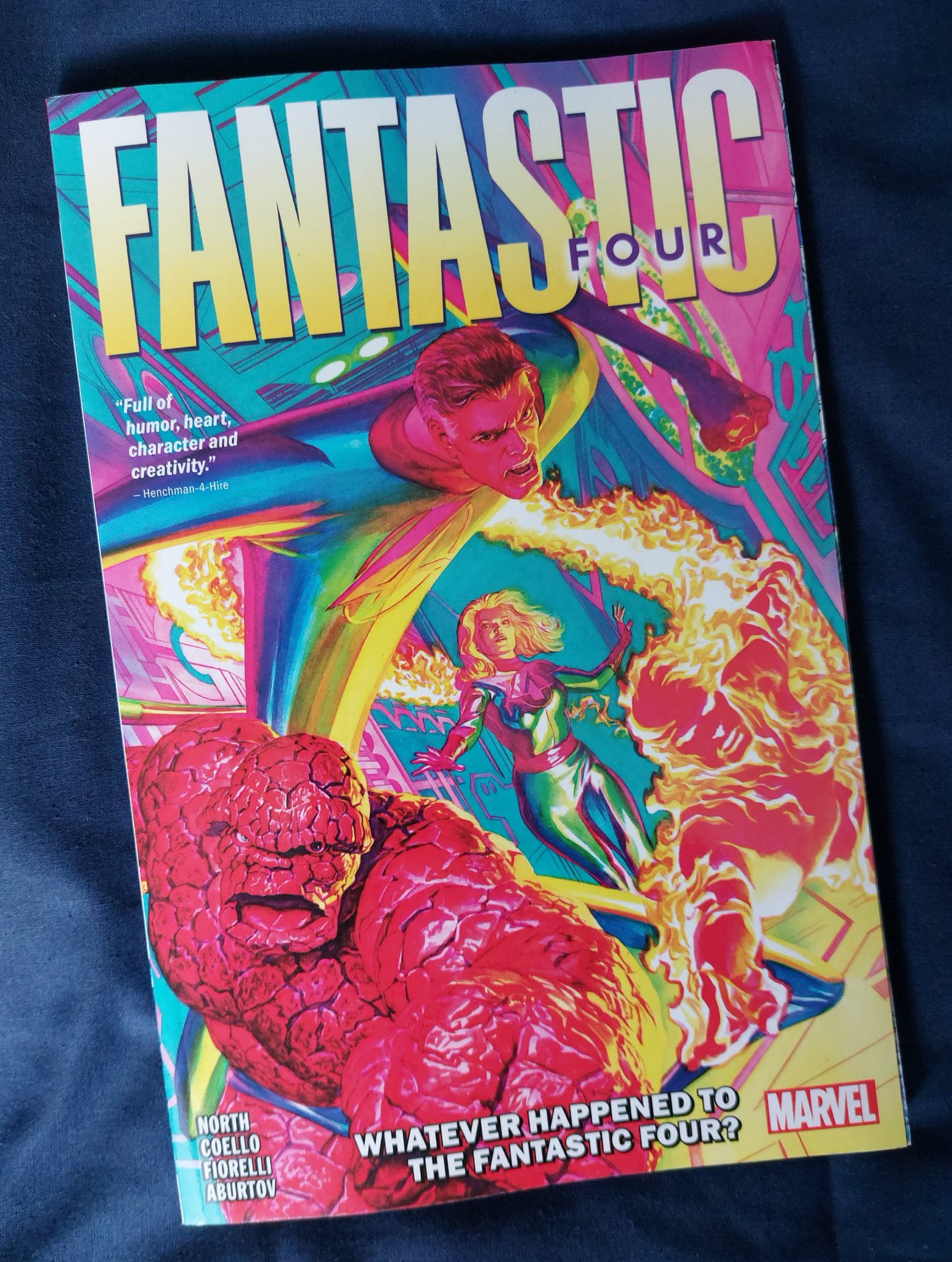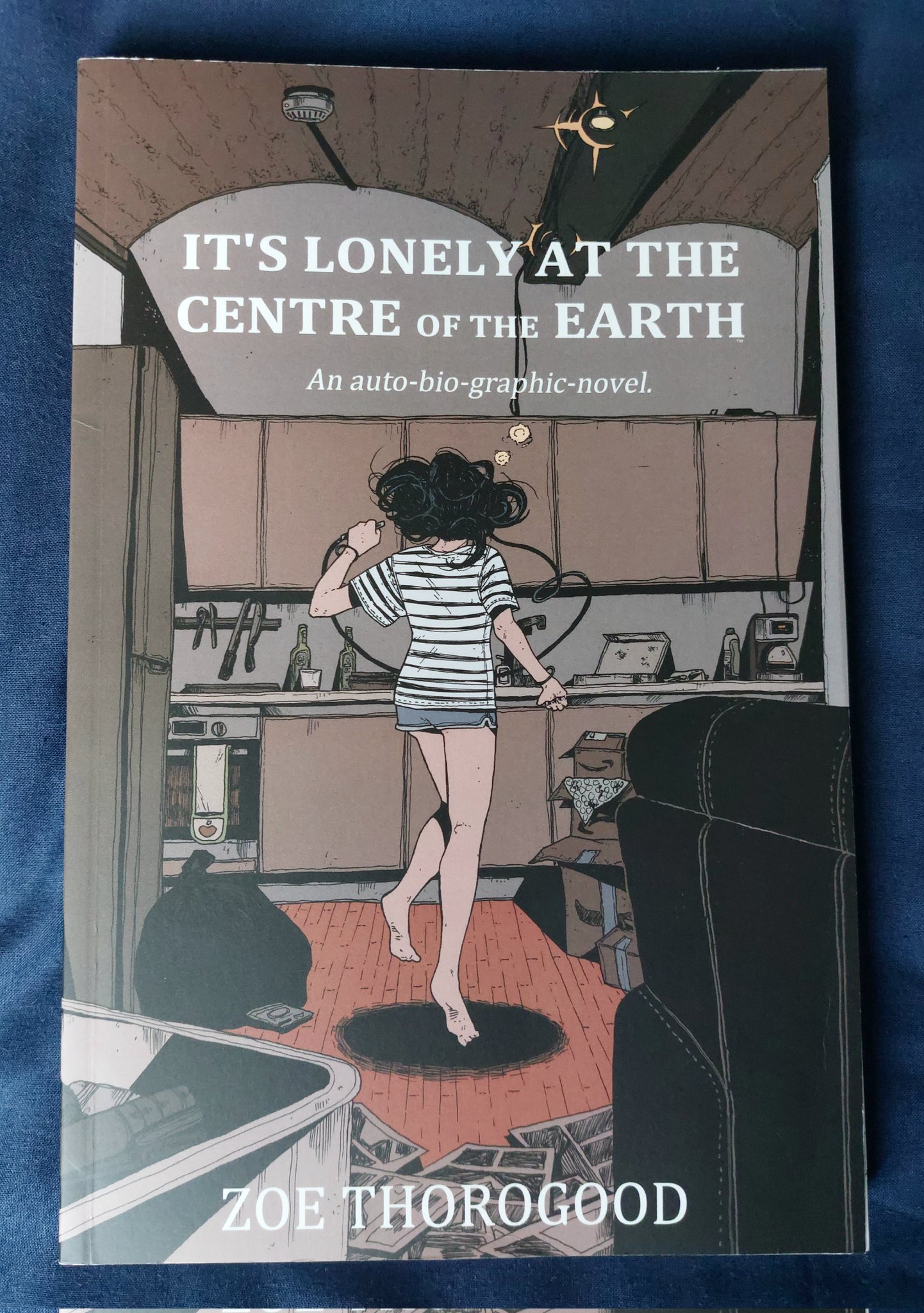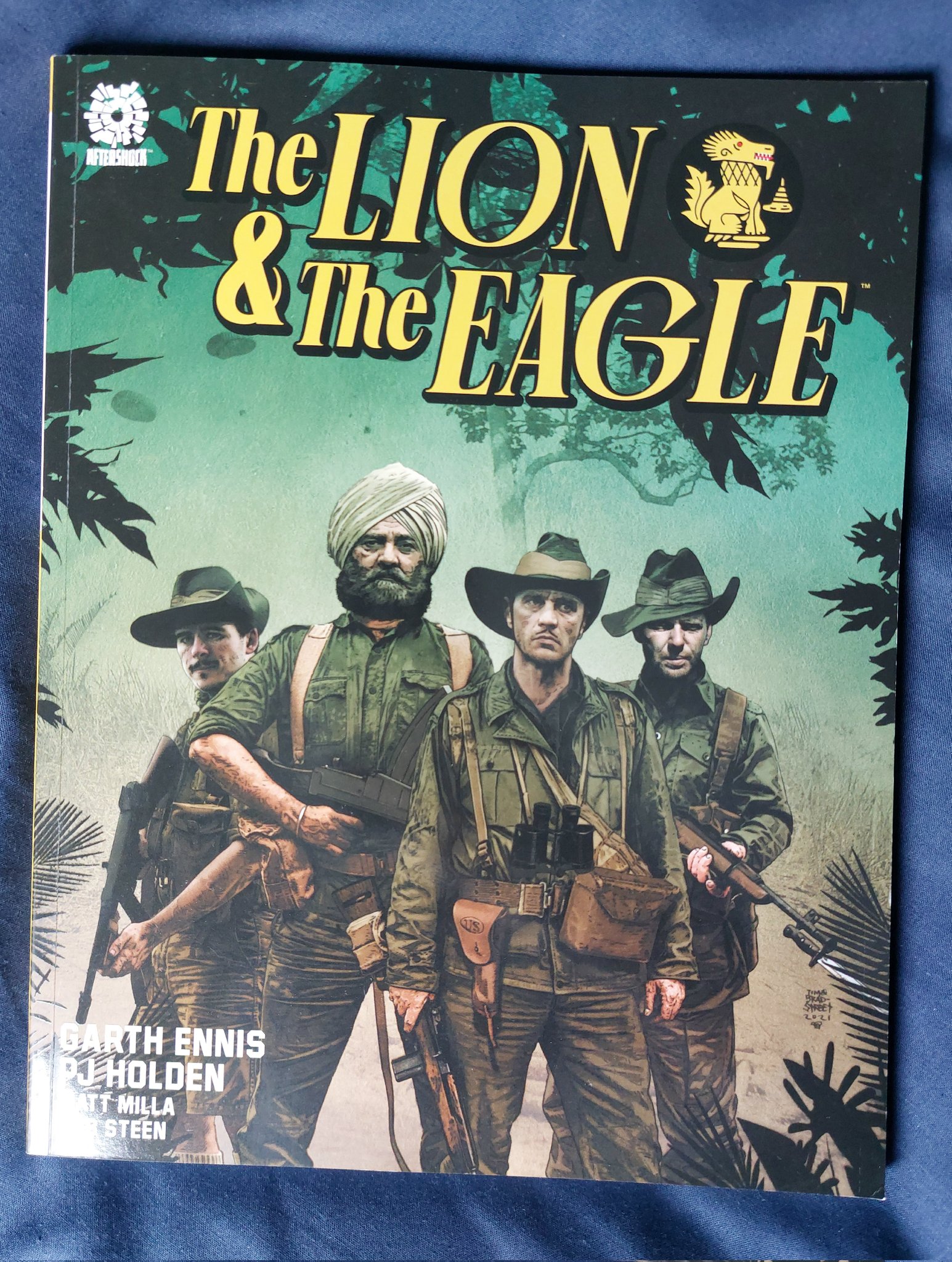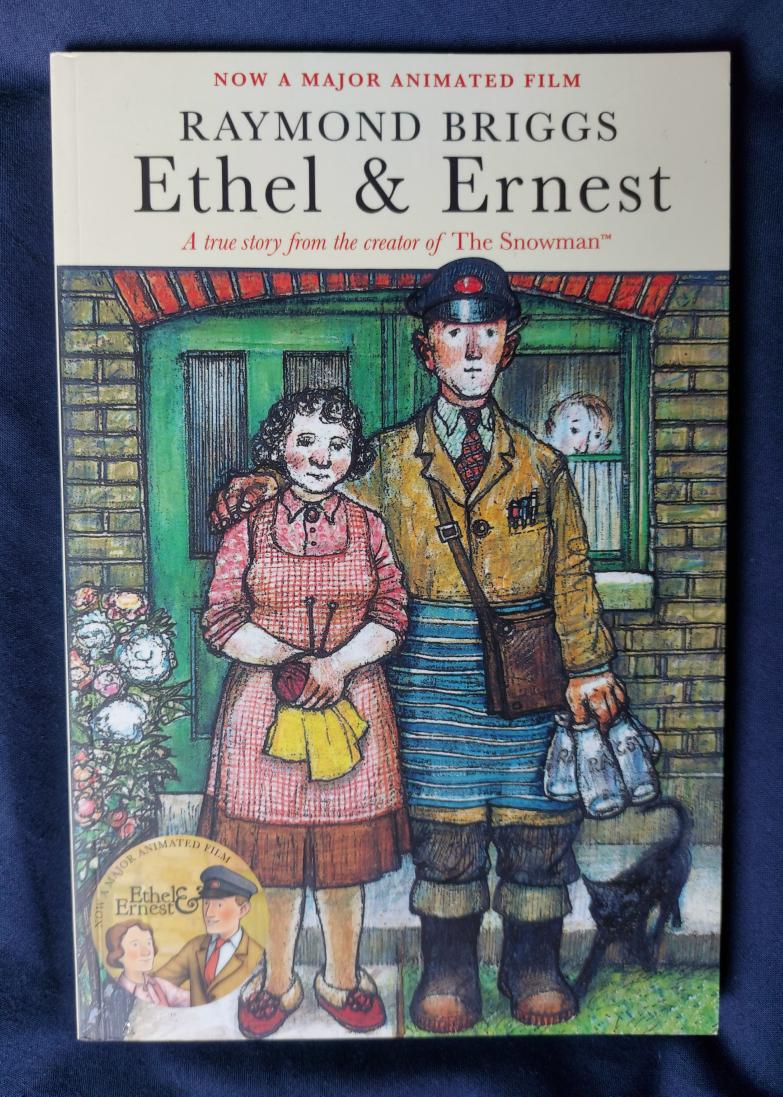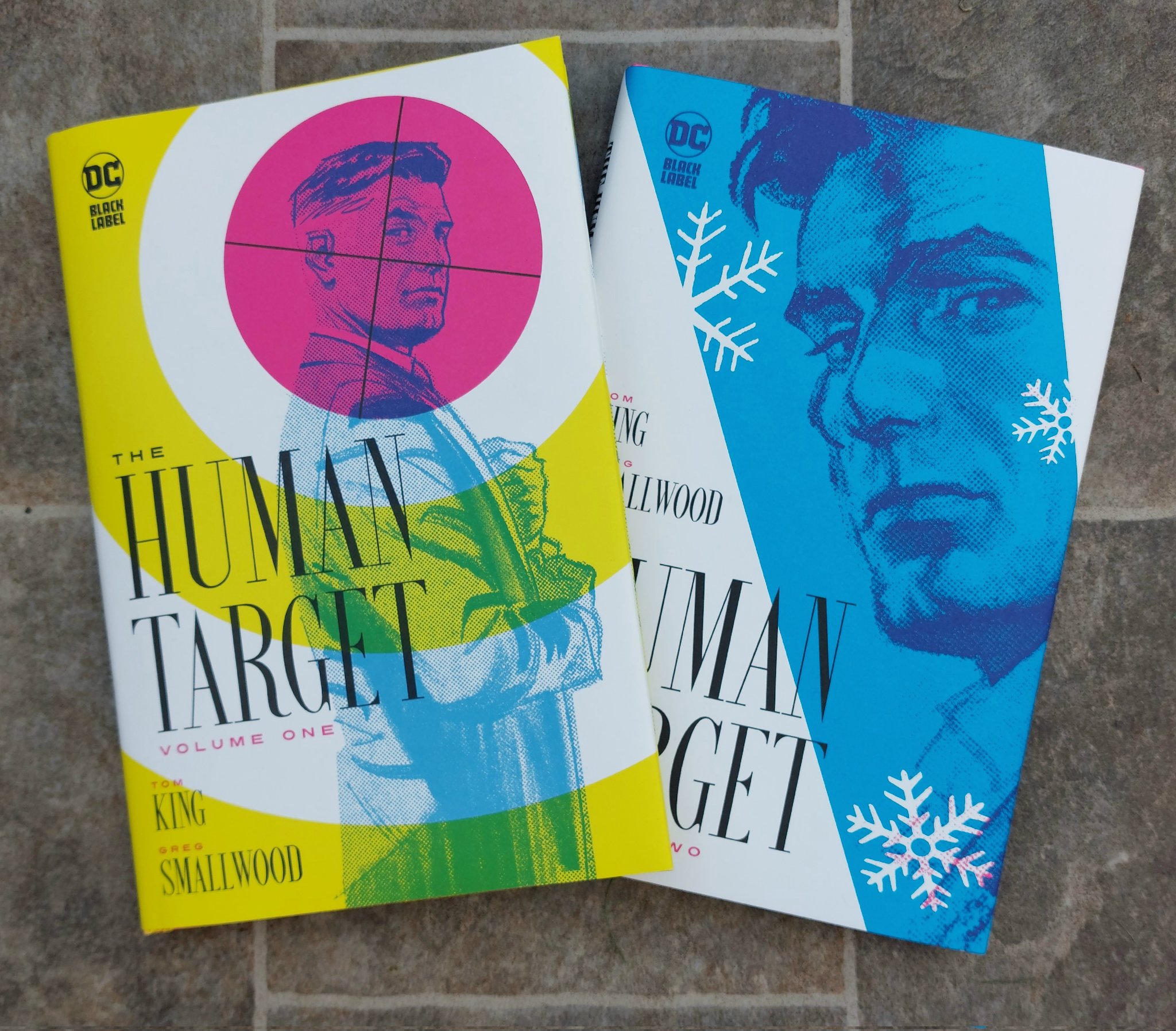Why Did You Do This?
A number of reasons. I’ve thought this over for some time. In no particular order they are:
1) Practicality: When I first signed my creator-owned publishing contract with DC Comics, the company was run by honest men and women of integrity, who (for the most part) interpreted the details of that agreement fairly and above-board. When problems inevitably came up we worked it out, like reasonable men and women. Since then, over the span of twenty years or so, those people have left or been fired, to be replaced by a revolving door of strangers, of no measurable integrity, who now choose to interpret every facet of our contract in ways that only benefit DC Comics and its owner companies. At one time, the Fables properties were in good hands, and now, by virtue of attrition and employee replacement, the Fables properties have fallen into bad hands.
Since I can’t afford to sue DC, to force them to live up to the letter and the spirit of our long-time agreements; since even winning such a suit would take ridiculous amounts of money out of my pocket and years out of my life (I’m 67 years old, and don’t have the years to spare), I’ve decided to take a different approach, and fight them in a different arena, inspired by the principles of asymmetric warfare. The one thing in our contract the DC lawyers can’t contest, or reinterpret to their own benefit, is that I am the sole owner of the intellectual property. I can sell it or give it away to whomever I want.
I chose to give it away to everyone. If I couldn’t prevent Fables from falling into bad hands, at least this is a way I can arrange that it also falls into many good hands. Since I truly believe there are still more good people in the world than bad ones, I count it as a form of victory.
2) Philosophy: In the past decade or so, my thoughts on how to reform the trademark and copyright laws in this country (and others, I suppose) have undergone something of a radical transformation. The current laws are a mishmash of unethical backroom deals to keep trademarks and copyrights in the hands of large corporations, who can largely afford to buy the outcomes they want.
In my template for radical reform of those laws I would like it if any IP is owned by its original creator for up to twenty years from the point of first publication, and then goes into the public domain for any and all to use. However, at any time before that twenty year span bleeds out, you the IP owner can sell it to another person or corporate entity, who can have exclusive use of it for up to a maximum of ten years. That’s it. Then it cannot be resold. It goes into the public domain. So then, at the most, any intellectual property can be kept for exclusive use for up to about thirty years, and no longer, without exception.
Of course, if I’m going to believe such radical ideas, what kind of hypocrite would I be if I didn’t practice them? Fables has been my baby for about twenty years now. It’s time to let it go. This is my first test of this process. If it works, and I see no legal reason why it won’t, look for other properties to follow in the future. Since DC, or any other corporate entity, doesn’t actually own the property, they don’t get a say in this decision.
What Exactly Has DC Comics Done to Provoke This?
Too many things to list exhaustively, but here are some highlights: Throughout the years of my business relationship with DC, with Fables and with other intellectual properties, DC has always been in violation of their agreements with me. Usually it’s in smaller matters, like forgetting to seek my opinion on artists for new stories, or for covers, or formats of new collections and such. In those times, when called on it, they automatically said, “Sorry, we overlooked you again. It just fell through the cracks.” They use the “fell through the cracks” line so often, and so reflexively, that I eventually had to bar them from using it ever again. They are often late reporting royalties, and often under-report said royalties, forcing me to go after them to pay the rest of what’s owed.
Lately though, their practices have grown beyond these mere annoyances, prompting some sort of showdown. First, they tried to strong arm the ownership of Fables from me. When Mark Doyle and Dan Didio first approached me with the idea of bringing Fables back for its 20th anniversary (both gentlemen since fired from DC), during the contract negotiations for the new issues, their legal negotiators tried to make it a condition of the deal that the work be done as work for hire, effectively throwing the property irrevocably into the hands of DC. When that didn’t work their excuse was, “Sorry, we didn’t read your contract going into these negotiations. We thought we owned it.”
More recently, during talks to try to work out our many differences, DC officers admitted that their interpretation of our publishing agreement, and the following media rights agreement, is that they could do whatever they wanted with the property. They could change stories or characters in any way they wanted. They had no obligation whatsoever to protect the integrity and value of the IP, either from themselves, or from third parties (Telltale Games, for instance) who want to radically alter the characters, settings, history and premises of the story (I’ve seen the script they tried to hide from me for a couple of years). Nor did they owe me any money for licensing the Fables rights to third parties, since such a license wasn’t anticipated in our original publishing agreement.
When they capitulated on some of the points in a later conference call, promising on the phone to pay me back monies owed for licensing Fables to Telltale Games, for example, in the execution of the new agreement, they reneged on their word and offered the promised amount instead as a “consulting fee,” which avoided the precedent of admitting this was money owed, and included a non-discloser agreement that would prevent me from saying anything but nice things about Telltale or the license.
And so on. There’s so much more, but these, as I said, are some of the highlights. At that point, since I disagreed on all of their new interpretations of our longstanding agreements, we were in conflict. They practically dared me to sue them to enforce my rights, knowing it would be a long and debilitating process. Instead I began to consider other ways to go.
Are You Concerned at What DC Will Do Now?
No. I gave them years to do the right thing. I tried to reason with them, but you can’t reason with the unreasonable. They used these years to make soothing promises, tell lies about how dedicated they were towards working this out, and keep dragging things out as long as possible. I gave them an opportunity to renegotiate the contracts from the ground up, putting everything in unambiguous language, and they ignored that offer. I gave them the opportunity, twice, to simply tear up our contracts, and we each go our separate ways, and they ignored those offers. I tried to go over their heads, to deal directly with their new corporate masters, and maybe find someone willing to deal in good faith, and they blocked all attempts to do so. (Try getting any officer of DC Comics to identify who they report to up the company ladder. I dare you.) In any case, without giving them details, I warned them months in advance that this moment was coming. I told them what I was about to do would be “both legal and ethical.” Now it’s happened.
Note that my contracts with DC Comics are still in force. I did nothing to break them, and cannot unilaterally end them. I still can’t publish Fables comics through anyone but them. I still can’t authorize a Fables movie through anyone but them. Nor can I license Fables toys nor lunchboxes, nor anything else. And they still have to pay me for the books they publish. And I’m not giving up on the other money they owe. One way or another, I intend to get my 50% of the money they’ve owed me for years for the Telltale Game and other things.
However, you, the new 100% owner of Fables never signed such agreements. For better or worse, DC and I are still locked together in this unhappy marriage, perhaps for all time.
But you aren’t.
If I understand the law correctly (and be advised that copyright law is a mess; purposely vague and murky, and no two lawyers – not even those specializing in copyright and trademark law – agree on anything), you have the rights to make your Fables movies, and cartoons, and publish your Fables books, and manufacture your Fables toys, and do anything you want with your property, because it’s your property.
Mark Buckingham is free to do his version of Fables (and I dearly hope he does). Steve Leialoha is free to do his version of Fables (which I’d love to see). And so on. You don’t have to get my permission (but you might get my blessing, depending on your plans). You don’t have to get DC’s permission, or the permission of anyone else. You never signed the same agreements I did with DC Comics.
It was my absolute joy and pleasure to bring you Fables stories for the past twenty years. I look forward to seeing what you do with it.
For questions and further information you can contact Bill Willingham at: william.thomas.willingham@gmail.com Please include “Fables Public Domain” in the subject line, so I don’t assume you’re another Netflix promotion.










